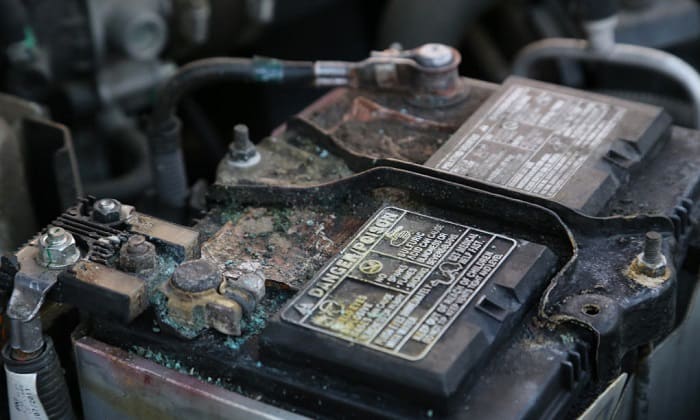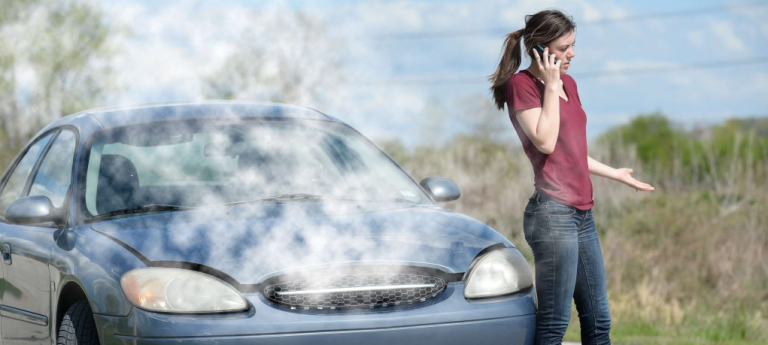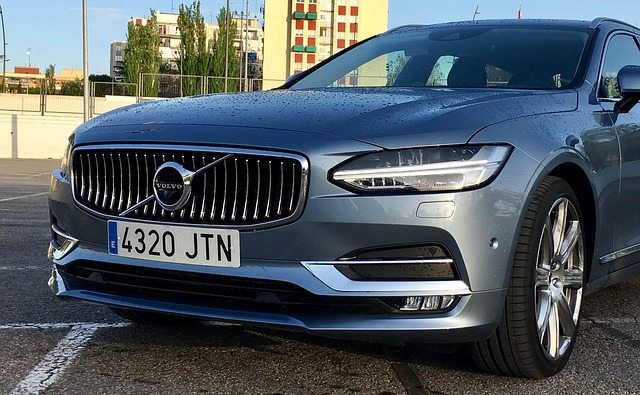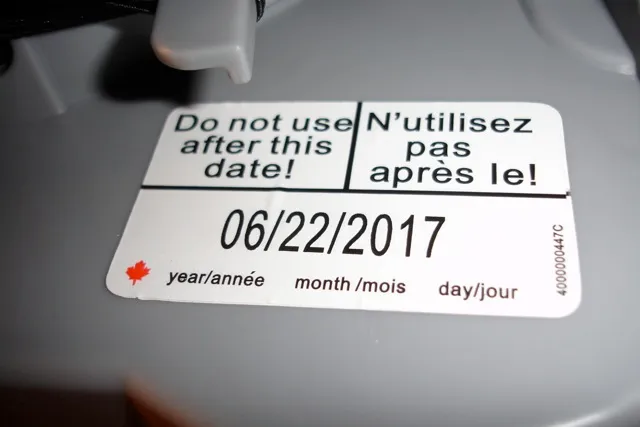When it comes to charging your automobile battery, you don’t want to be kept waiting. You don’t want to be late if you’re on your way to work or have someplace to go, so you’re wondering how long it takes to charge a car battery.
So, at 2 amps, how long does it take to charge a car battery? Is it preferable to charge at 10 amps?
Charging your vehicle battery isn’t as simple as you think, but there are a few strategies you can do to get faster charging times and assist preserve the condition of your battery.
When it comes to charging your automobile battery, you may expect the following times as a general guide: 24-48 hours for a 2 amp charger, 12-24 hours for a 4 amp charger, 3-6 hours for a 10 amp charger, 2-4 hours for a 20 amp charger, and 30 minutes to an hour for a 40 amp charger.
How long does it take to charge a car battery at two amps or ten amps?
The rate at which your automobile battery charges will be determined by your goals. Long-term charging at lower amps is better for keeping your battery in good shape and making it last longer, but quick charging will hurt your battery in the long run.
Choosing whether to charge your car battery with 2 or 10 amps can help you determine how long it will take to charge your vehicle, but there are numerous other considerations to take into account as well.
Most automobile batteries should not be quickly charged at more than 20 amps since this will cause harm to your vehicle and may impair performance.
Slow charging with a 2 amp charger is the ideal way since it reduces the risk of overcharging, but if you need faster results, a 10 amp charger is a better alternative.
You can also get a better idea of how long it takes to charge your battery by looking at your car battery charger and seeing how many amperes it puts out. Higher amperes charge your battery faster, while lower amperes take longer but are better for managing your battery.
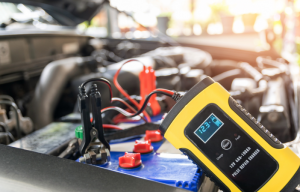
Calculate Your Charge Time
A basic battery charger will produce between 4 and 15 amps. However, the best approach to keep your battery healthy is to constantly charge it at less than 15 amps, as doing so may result in lower battery life.
how long does it take to charge a vehicle battery at 2 amps
The amp hour, a measurement of energy output used in batteries, is used to determine which charger to utilize. Car batteries generally have a capacity of 48 amp hours, allowing them to provide:
1 amp every 48 hours
2 amps in 24 hours
4 amps in 12 hours
8 amps in 6 hours
A 2 amp charger will give 2 amps per hour to a flat battery, requiring 24 hours to completely charge a normal 48 amp battery. A regular 48 amp battery would take just under five hours to completely charge using a 10 amp charger.
A voltmeter is all you need to get a more accurate estimate of how long it will take to charge your battery so you can choose the most efficient way to do it.
1. Find out how many amp hours your battery has. This information may be in the manufacturer’s manual or the user’s manual. You can also calculate the battery’s amp-hours by multiplying the reserve capacity by 0.6. For example, if your battery has a reserve capacity of 100 minutes, multiply 100 by 0.6 to get 60 amp hours.
2. Use your voltmeter to measure the open-circuit voltage of your vehicle and compare it to the list to find out how charged it is.
12.80 to 12.90 – 100%, 12.60 – 75%, 12.30 -50%, 12.00 -25%, 11.80 -0% for AGM batteries
12.60 to 12.70 – 100%, 12.40 – 75%, 12.20 -50%, 12.00 -25%, 11.80 -0% for Flooded Lead Acid batteries
12.85 to 12.95 – 100%, 12.65 – 75%, 12.35 -50%, 12.00 -25%, 11.80 -0% for Gel batteries
3. Once you’ve calculated your battery’s charge level, you can calculate how many amp-hours you’ll need to charge it, remembering to include roughly 20% of the required charge rate as extra amp hours.
As an example, if your battery is 50% charged, it has 30 amp hours, which implies you need at least 30 more amp hours to completely charge it. So 30 amp-hours times 0.2 (20%) is 6 amp-hours.
When you add this to the original amount, you obtain 36 amp-hours. The number of amp-hours needed to charge a battery. If you use a 10 amp charger, divide 36 by 10 to get 3.6, which is the number of hours it will take to completely charge your battery.
FAQs
Is charging a battery at 2 amps or 10 amps preferable?
You shouldn’t quickly charge your battery with a charger that has more than 20 amps because it will hurt the battery and make it work less well. Slow charging with a 10 amp charger is OK, but a 2 amp charger is preferable.
How long does it take to charge a 10-amp battery?
You may expect a 10 amp charger to take anywhere from 4 to 11 hours, depending on how fully charged you want your battery to be. You do not need to wait for the battery to charge completely before starting the car.
How much time does it take to trickle charge two amps?
At 2 amps, your battery will take around 24 hours to fully charge; however, your automobile does not need to be fully charged to start driving. A 1 amp charger would take 48 hours to completely charge your vehicle, but you must never overload your battery.
How long should a car be left running to charge the battery?
After charging your battery and getting the car rolling, you should drive for at least 30 minutes before stopping again to give your battery enough time to charge and avoid needing another jump start.
Is it possible to overload a car battery at 2 amps?
Even at 2 amps, leaving a charger attached continually will result in overcharging your battery. This is due to the fact that as the electrolyte heats up, both hydrogen and oxygen gas are produced.
Conclusion
If you want to know how long it takes to charge a car battery at 2 AMP or 10 AMP, the answer will vary for each particular vehicle depending on the battery’s current levels, battery condition, and battery type.
Hopefully, the ideas and tactics we’ve provided you have helped you calculate a more exact time for how long it will take your car to charge at 2 amp or 10 amps, and you’ll be out on the road in no time with a full functional battery in your vehicle.

Chris Miller is an auto journalist who specializes in reviewing new cars and providing helpful advice on family vehicles. He has a passion for cars and enjoys sharing his knowledge and expertise with others.

